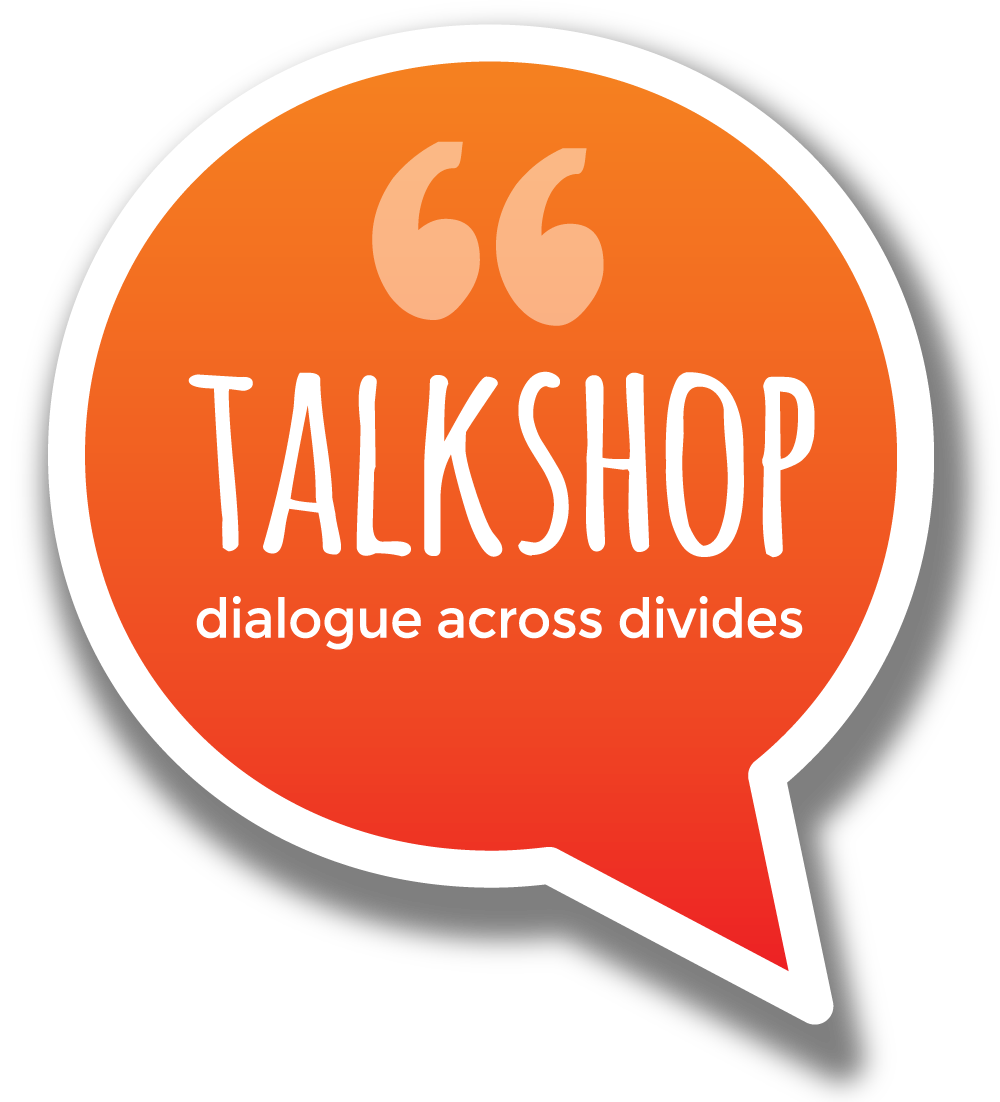The academics refer to this sort of talk as ‘deliberation’, where people give reasoned arguments for their point of view that other people accept or try to refute with counter-arguments. But that’s not how it works in real life. An American pollster called Daniel Yankelovich described what actually happens very well in a book called ‘Coming to Public Judgement’.
People need to work through issues, he says, in three ways:
- intellectual, where people clarify their thinking;
- emotional, where people understand the nature and source of their feelings; and
- moral, where people work their way through conflicting values.
Working through, he says, takes time and happens best when people come together in discussion.
We haven’t recorded any TALKSHOP events yet, but I can give a nice example of this from a discussion about stem cells from some years back using a Democs conversation kit. (See http://www.scotlandlovesdemocracy.org/ for Wee Play, a recent version of the kit used in Scotland to discuss the independence referendum.)
This discussion was held by staff of the At-Bristol science centre. Democs kits contain lots of cards, each with a chunk of information on. The staff had chosen three cards to discuss:
- When does human life begin?
- Does using cloned embryos take us down a slippery slope towards human cloning?
- If we destroy embryos we are preventing new lives in order to help an ageing population maintain its quality of life
Here is part of the conversation about those cards:
- ‘German laws only allow IVF treatment to create embryos that will actually be used. A maximum of three eggs can be removed.’
- ‘This is important given that eggs are destroyed after five years.’
- ‘But there’s a question of whether you regard them as a life.’
- ‘There is dignity at stake.’
- ‘Adult stem cells are pluripotent – could become an embryo and a potential human life.’
- ‘The crucial word is “potential”.’
- ‘Should we consider our inactivity as well as our activity, e.g. the inactivity of not using IVF eggs?’
- ‘They’re just sitting in a dish.’
- ‘There’s also the life of the person who’s dying (and could potentially be helped).’
- ‘Is it the only hope or the most obvious hope at the moment? If we close this off, will human ingenuity get to work and create alternatives?’
- ‘I can’t draw the line on where life starts.’
- ‘But that still doesn’t answer the question of whether using stem cells is wrong.’
- ‘The question of when life begins is not the key to the argument.’
- ‘For all my Catholic attitudes I find it hard to say I wouldn’t help my mother or sister.’
- ‘I find using adult cells Frankensteiny. How do you feel?’
- ‘Urk and wow and urk again. It’s less offensive if it’s a sheep.’
I love the mix of reason and emotion. I hope that your TALKSHOP events contain conversation as rich.
Perry Walker
